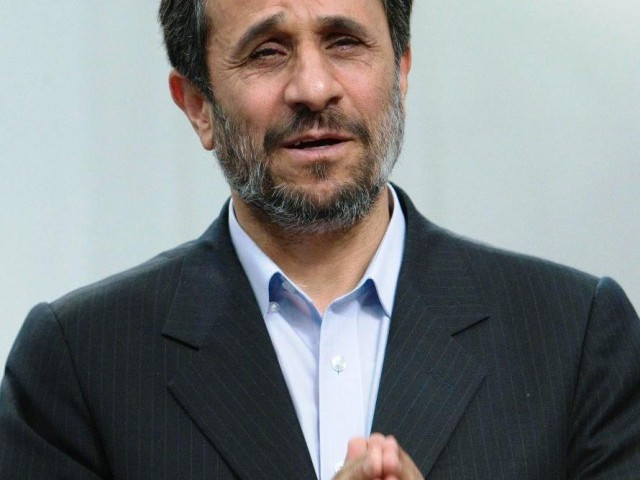Iran Accused of Looking to Armenia for Bank Partners to Dodge Sanctions

Iran is allegedly looking to expand its banking activities with Armenia in a bid to circumvent the sanctions that are blocking international banks from doing business with the Islamic state and fund nuclear development.
A Reuters article, which cites diplomats and documents, asserts that Iran is attempting to augment its existing trade links with Armenia in a bid to "deceive Western intelligence agencies trying to prevent it from expanding its nuclear and missile programmes".
The article cites a Western intelligence report, dated May 2012, which claimed Iran was seeking fresh locations for banking partnerships away from the scrutiny of spies and regulators. The report cited Armenia as a key target.
"The Central Bank of Iran (CBI) has been operating for years to establish and develop concealed infrastructures to enable Iran to continue trading with foreign countries," the article said.
"The increasing pressure on the banks has forced CBI economists to seek financial alternatives in countries that do not work according to the dictates of the West."
Armenia and Iran already enjoy a strong relationship. Armenia has announced that it will send around $139,000 in humanitarian aid to Iran and offer further assistance if necessary.
Armenia's government has drawn up a law that will provide tax exemption for an electricity supply line to Iran.
However Stephan Gishian, chief executive of key Armenian bank ACBA - cited as a key target for Iran in the Western intelligence report - said: "We finance exclusively the economy of Armenia. We don't have any relationship with Iran. We never have, we don't now and furthermore we don't plan on becoming a channel for financing Iran. What you're saying is complete nonsense."
Stringent sanctions
Iran is the subject of stringent sanctions by several countries, notably the US, and a number of international banks have been investigated for allegedly dealing with Tehran in defiance of the restrictions.
Standard Chartered revealed this month that it will pay a civil penalty of $340m to the New York State Department of Financial Services (DFS), in order to settle the regulator's charges that it hid at least a quarter of a trillion US dollars' worth of transactions to Iran.
Meanwhile, Lloyds and Barclays have been fined a combined total of almost $650m for engaging in "wire stripping" - concealing the identity of foreign clients in a number of countries, including Iran, by forging wire payment records.
In an interview with IBTimes UK, Stuart Miller, who has experience with the United Nations money-laundering sanctions list and the UK and EU regulatory environment, explained how difficult it has become for Iran to fund itself.
Miller, managing partner at law firm Miller Rosenfalck, said: "It is pretty clear, with the US, EU and UN Iran sanctions, coupled with international bilateral agreements and agreements between others such as the Commonwealth countries, that much of the world is looking to isolate Iran."
Referring to specific financial restrictions, Miller added: "The US has imposed its own sanctions on Iran, restricting virtually any kind of financial or political activity with certain countries, even down to individuals and companies.
"Last year, the US even implemented a ban of US parties trading with Tidewater Middle East Co and Iran Air, as well as Iran's Revolutionary Guard Corp. In February 2012, the US went even further and banned activities with Iran's Central Bank."
© Copyright IBTimes 2025. All rights reserved.






















